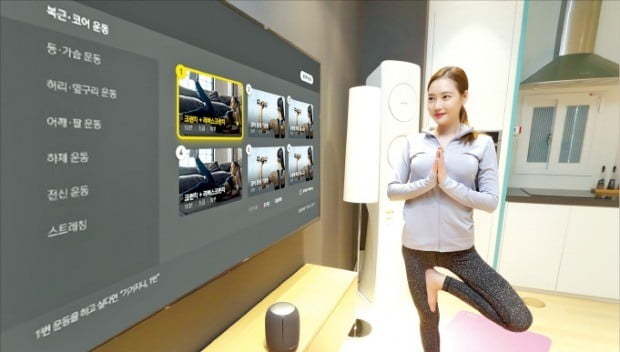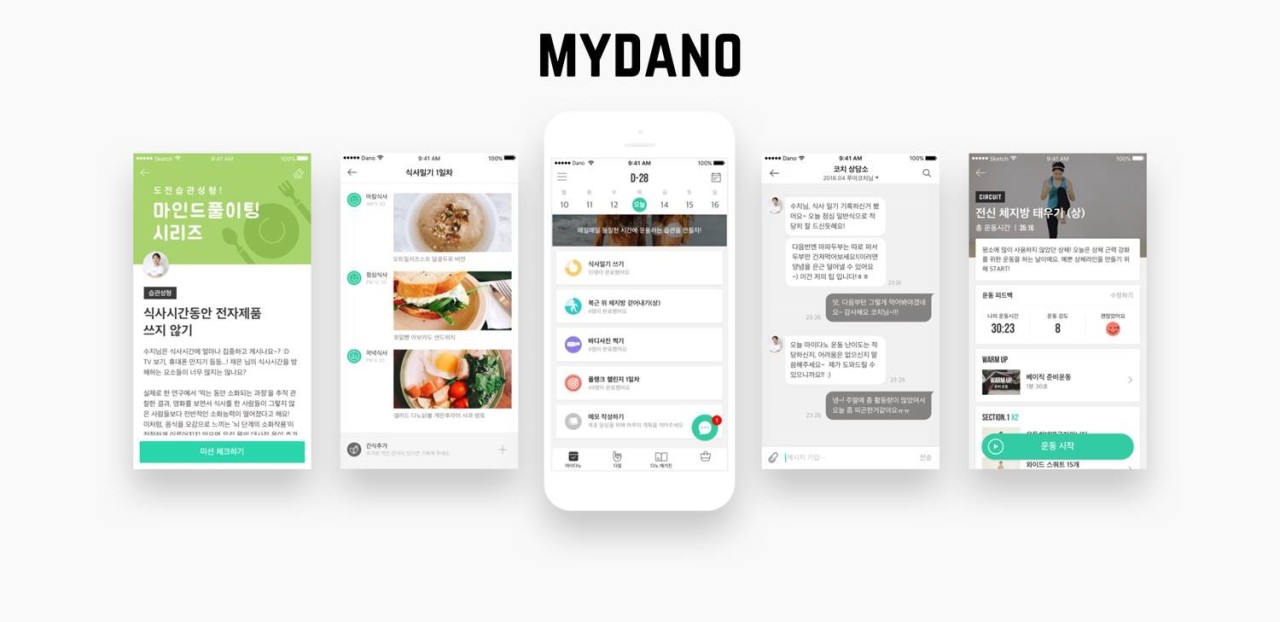[Weekender] How coronavirus has changed way Koreans exercise
By Song Seung-hyunPublished : March 6, 2020 - 09:28

As the new coronavirus spreads throughout the nation, more and more people are reluctant to go to the gym for a workout.
The situation worsened Thursday, when the city of Cheonan, South Chungcheong Province, said 80 people had tested positive for the virus after taking Zumba classes at local fitness centers or coming into contact with people who took those classes.
“I used to take Zumba lessons at a fitness center near my home. Since last week, the center temporarily closed down and I cannot take lessons,” Park Hye-in, 30, who lives in Gangnam, Seoul, told The Korea Herald.
“On Feb. 24, a coronavirus patient who works at LS Yongsan Tower was confirmed. The building is right across from our center, so we shut down the facility last week. This week, we are calling every member of our Pilates center to ask them if they want lessons. So far, the majority of them have said they want to stay at home this week,” said the operator of the Pilates center in Yongsan, in central Seoul.
“My center is closed for two weeks. I did not want to go anyway. I am a bit worried. People breathe in and out repeatedly and what about the equipment?” said Kim Sora, 27, who lives in Bundang, Gyeonggi Province. “But I still need to exercise so I am trying out some of the fitness videos on YouTube.”
Kim is not the only one trying to turn their home into a gym.
Online shopping site Gmarket said that sales in the fitness equipment category jumped 32 percent during the period Feb. 20-26 compared with the previous year.
Another online vendor, SK’s 11st said its fitness equipment sales surged 39 percent in the period from Jan. 27 to Feb. 26 compared with the same period a year before.
Buying more exercise equipment, however, is not enough for some people used to working out at a gym.
“Home training is more convenient because I only need a few dumbbells and a mat. But it is hard to stay consistent. I often give up after working out for a few minutes or skip a few days,” Kim said.
For people like Kim, there is the option of signing up for online personal fitness classes.

“For February, we had to expand our capacity as the number of members rose from around 9,000 to over 10,000. We also had over 10,000 people signing up for the class in March,” startup Dano spokesperson Lee Jae-woo said. The startup’s app My Dano provides a personal fitness coaching program, through which a trainer helps the member work out and manage what they eat. “When our members send photos of their meal, our trainer provides feedback,” Lee added.
Korean telco giant KT, which also provides home training programs through its smart speaker Giga Genie, said it has seen an increase in the number of users.
“People who spoke to our smart speaker for home training after the virus broke out, which is from Jan. 30 to Feb. 12, increased by 21 percent compared to the period Jan. 2-15,” a KT spokesperson said.
KT launched the home training service Jan. 1 with New York-based health care startup Noom.
However, some people look forward to getting back to their gym routine.
“It is better than nothing. But I also want to meet people (when working out). You cannot do that when you are training at home,” Hwang Ki-hyun said.
Hwang said he recently considered signing up for a group exercise program organized by local startup Butfit Seoul. Butfit Seoul offers group exercise programs lasting five weeks each season. The groups typically consist of up to 18 people. The new season, initially set to start Saturday, has been pushed to March 21 due to the spread of the novel coronavirus.
By Song Seung-hyun (ssh@heraldcorp.com)










![[KH Explains] How should Korea adjust its trade defenses against Chinese EVs?](http://res.heraldm.com/phpwas/restmb_idxmake.php?idx=644&simg=/content/image/2024/04/15/20240415050562_0.jpg&u=20240415144419)









